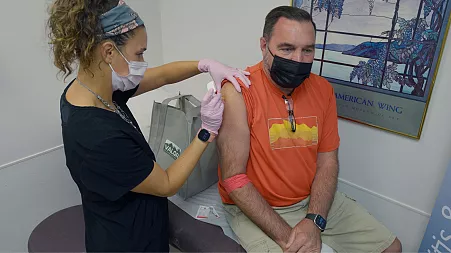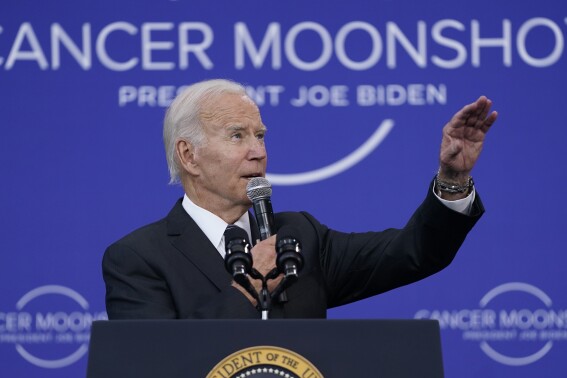Mpox has been detected in wastewater in the United States after the virus was declared a public health emergency by the African Centers for Disease Control and Prevention as a more deadly strain spreads across the continent.
Mpox, previously called monkeypox, rose to recognition during the global outbreak in 2022, affecting the U.S., Europe, Australia and many other countries. By the end of the first year of the outbreak, more than 30,000 U.S. cases of mpox had been detected. The virus was mostly spread through sexual and intimate contact, with men who have sex with men being at the highest risk of infection.
Two years later, the Centers for Disease Control and Prevention (CDC) says that the virus is still circulating, only at "much lower levels" and mostly in small clusters in urban areas. Testing and monitoring facilities have expanded, and the country has "ample supplies" of the mpox vaccine.
Wastewater surveillance systems are in place across the U.S. to detect mpox activity and track its spread through communities. This data is useful because sewage can be tested to detect traces of infectious diseases circulating in a community, even if people don't have symptoms.
The map below shows mpox virus detection in wastewater between July 10 and August 6.
Detection remains very low, with only three sites showing positive tests: two in California and one in Illinois. Within these sites, detection was still low, with only a small percentage of samples testing positive during this period.
The case detections in the U.S. were also all consistent with the original strain of the virus from the 2022 outbreak, known as clade II. No detections of the more deadly form of the virus that is currently circulating in the Democratic Republic of the Congo and neighboring countries, known as clade I, have been made in the U.S.
So far, 1,122 cases of clade II mpox have been reported in the United States this year, the CDC reported. Most new cases have been reported in people in higher risks groups who have not received two doses of the mpox vaccine.
According to the CDC, the mpox vaccine is recommended if:
- You had known or suspected exposure to someone with mpox
- You are a gay, bisexual, or other man who has sex with men or a transgender, nonbinary, or gender-divers person who had a new STI diagnosis or more than one sexual partner in the past six months
- You anticipate experiencing either of the above scenarios
Is there a health problem that's worrying you? Let us know via health@newsweek.com. We can ask experts for advice, and your story could be featured in Newsweek.
Disclaimer: The copyright of this article belongs to the original author. Reposting this article is solely for the purpose of information dissemination and does not constitute any investment advice. If there is any infringement, please contact us immediately. We will make corrections or deletions as necessary. Thank you.




